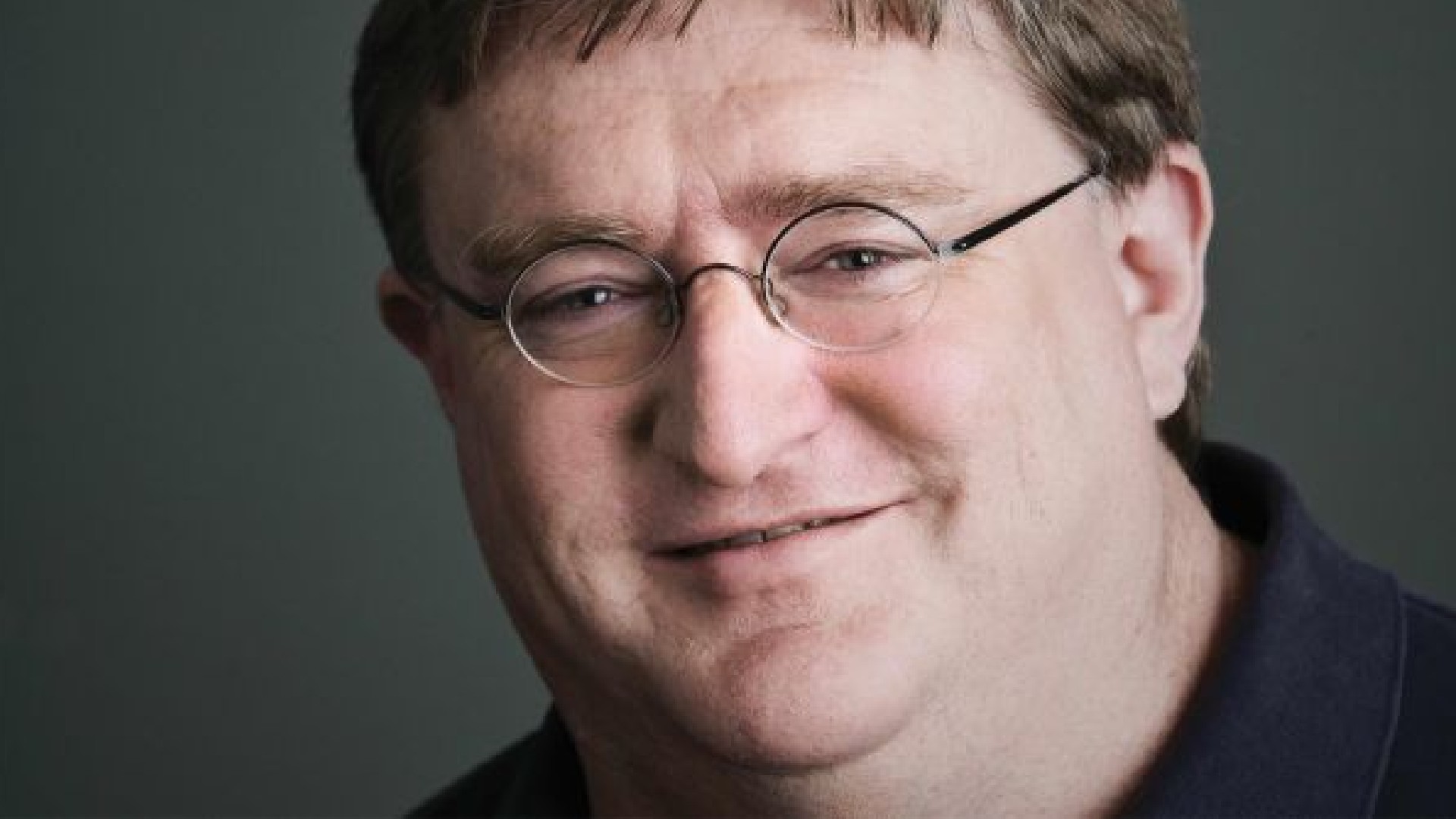Internal Valve study found the house of Steam was making more money per employee than Facebook, Apple, and Microsoft – over $780,000 per head a year
An internal study from 2018 reveals Valve was, at the time, more efficient than the biggest companies in the world

A newly unearthed and frankly staggering internal Valve study from 2018 claims the gaming giant was, at the time, generating more revenue per employee than tech giants like Amazon, Facebook, Apple, and Microsoft.
Per the GameDiscoverCo newsletter (thanks, PC Gamer), new documents have been uncovered relating to a 2021 class action lawsuit filed by Wolfire Games against Valve, alleging that the latter had been conducting anti-competitive business practices, particularly with regards to the 30% commission it had been earning from the sale of games.
It was in the discovery phase of that suit, in which both sides are able to exchange materials to support their cases, that a heavily redacted email conversation between Valve employees surfaced. In it, they casually discuss just how efficiently Valve had been operating at the time, and as it turns out, it was more efficient than just about any other company. Per hour and annually, Valve found it was making more per employee than many of the world's largest companies.
"Plot twist: again, we are an outlier," as Miller put it.
"Fascinating perspective," wrote former Valve employee Nat Brown. "So also is revenue per employee per hour, which gives you an interesting insight on employee leverage, at least from a revenue perspective, even if fairly irrelevant from a profit, margin, or cash flow perspective."
"Breaking these numbers down as Net Income/Hour/Employee shows some interesting comparisons," wrote Valve's Kristian Miller.

The method Miller used to determine this was fairly simple. He first divided each company's annual net revenue by its amount of full-time employees, determining Valve's net income per employee (350 at the time) was more than Microsoft's $780,000, based on its ranking in the attached data tables, though how much more is redacted and unclear. Next up was Apple at $476,000, and then Netflix at almost $234,000 per employee.
Sign up to the GamesRadar+ Newsletter
Weekly digests, tales from the communities you love, and more
Divided up by hour, Valve also beat the next top performer, Facebook, at $89.90 revenue per employee per hour, but again, we don't know by how much Valve was up. Moreover, assuming Valve has only become more efficient in the six years since this email exchange - a reasonable estimation given that the company's business model hasn't appeared to change substantially - how much is it making per head today? I repeat: in 2018, Valve was making more than $780,000 per employee, and we don't even know how much more - and it could be even more efficient today. Of course, the current stats of the other companies mentioned are less clear.
We may never know whether the data referenced in those 2018 emails played into Wolfire's case or even if it had any material effect on the proceedings at all, especially as the matter is still waiting to be settled in court. But it's a stark reminder that a company doesn't become the most popular PC games launcher in the world without being incredibly thrifty.
"You mad bro?": Another email surfaced from the same lawsuit revealing Valve's cheeky internal response to Epic CEO Tim Sweeney's "you assholes" rant about Steam revenue cuts.
After scoring a degree in English from ASU, I worked as a copy editor while freelancing for places like SFX Magazine, Screen Rant, Game Revolution, and MMORPG on the side. Now, as GamesRadar's west coast Staff Writer, I'm responsible for managing the site's western regional executive branch, AKA my apartment, and writing about whatever horror game I'm too afraid to finish.



